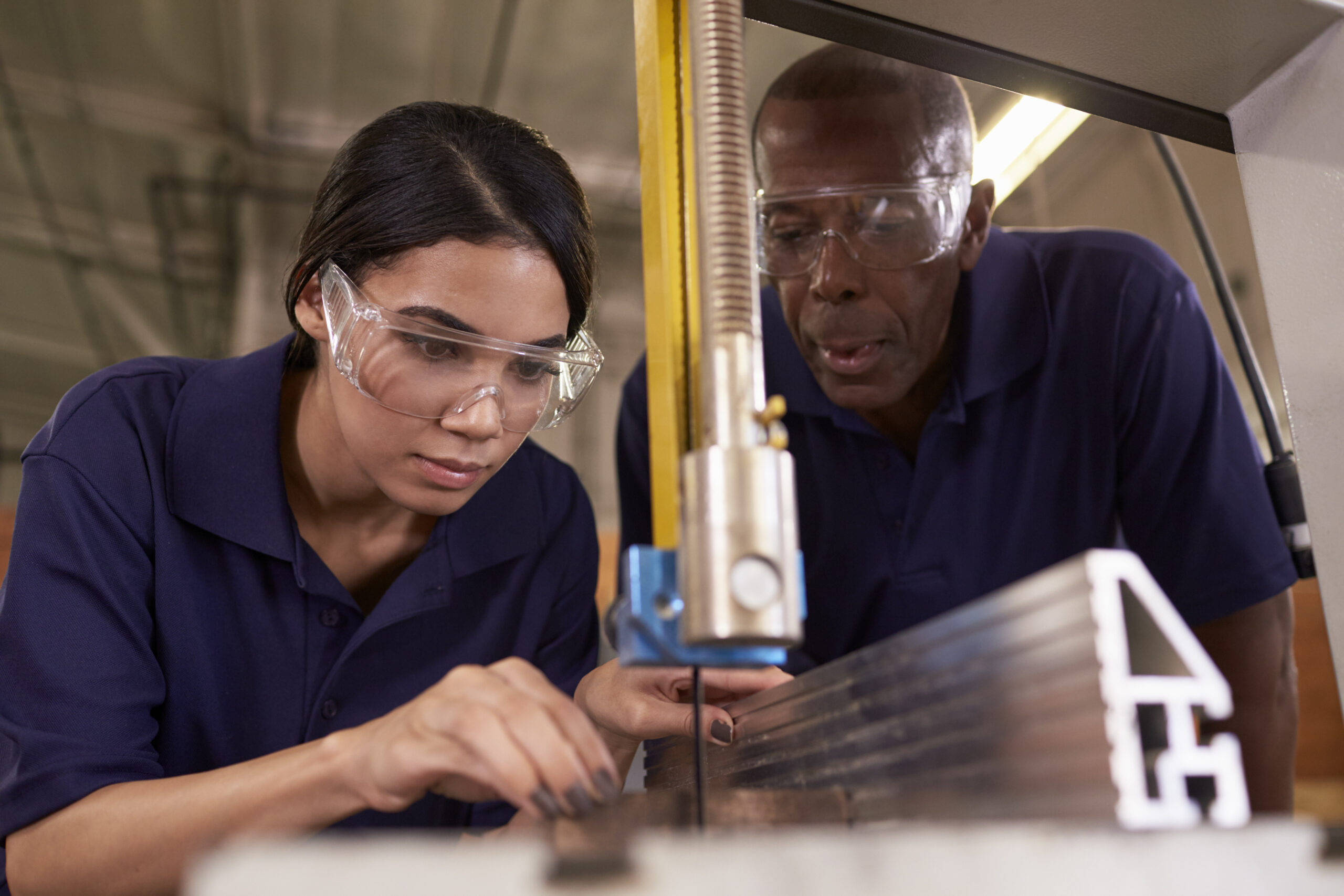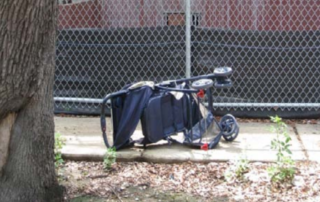Publications
Child Care at College Campuses: a Critical Resource for Student Parents
Testimony of Kevin Miller, Ph.D.,Institute for Women’s Policy Research, before the Committee on Higher Education of the New York City Council
Separate and Not Equal? Gender Segregation in the Labor Market and the Gender Wage Gap
Occupational gender segregation is a strong feature of the US labor market. While some occupations have become increasingly integrated over time, others remain highly dominated by either men or women. Our analysis of trends in overall gender segregation shows that, after a considerable move towards more integrated occupations in the 1970s and 1980s, progress has completely stalled since the mid 1990s.
Women, Disasters, and Hurricane Katrina
Major disasters during the last decade have pushed planners and researchers to examine more closely the disparities among those hurt when crises hit. Research suggests that women often suffer disproportionately in comparison to most men when disaster strikes, while the elderly, and people in poverty, are more vulnerable than those with more mobility and those with greater access to resources.
Child Care Support for Student Parents in Community College Is Crucial for Success, but Supply and Funding Are Inadequate
Of the over 6 million students earning college credit at community colleges, 1.7 million (27 percent) are parents. Of those, about 1 million (16 percent) are single parents, more than twice the proportion at 4-year institutions. Three-quarters of single parents in college are women.
Women and Men’s Employment and Unemployment in the Great Recession
Since December 2007, the U.S. economy has been in the worst recession since the Great Depression of the 1930s. Because much of the slowdown has occurred in traditionally male fields such as manufacturing and construction while a few traditionally female fields such as health and education have shown job growth or minimal job loss, many reports have focused on the job losses among men in the labor force.
Status of Girls in Minnesota
The Status of Girls in Minnesota represents a collaborative effort by the Women’s Foundation of Minnesota and the Institute for Women’s Policy Research (IWPR) to provide detailed information on the status of girls in Minnesota.










